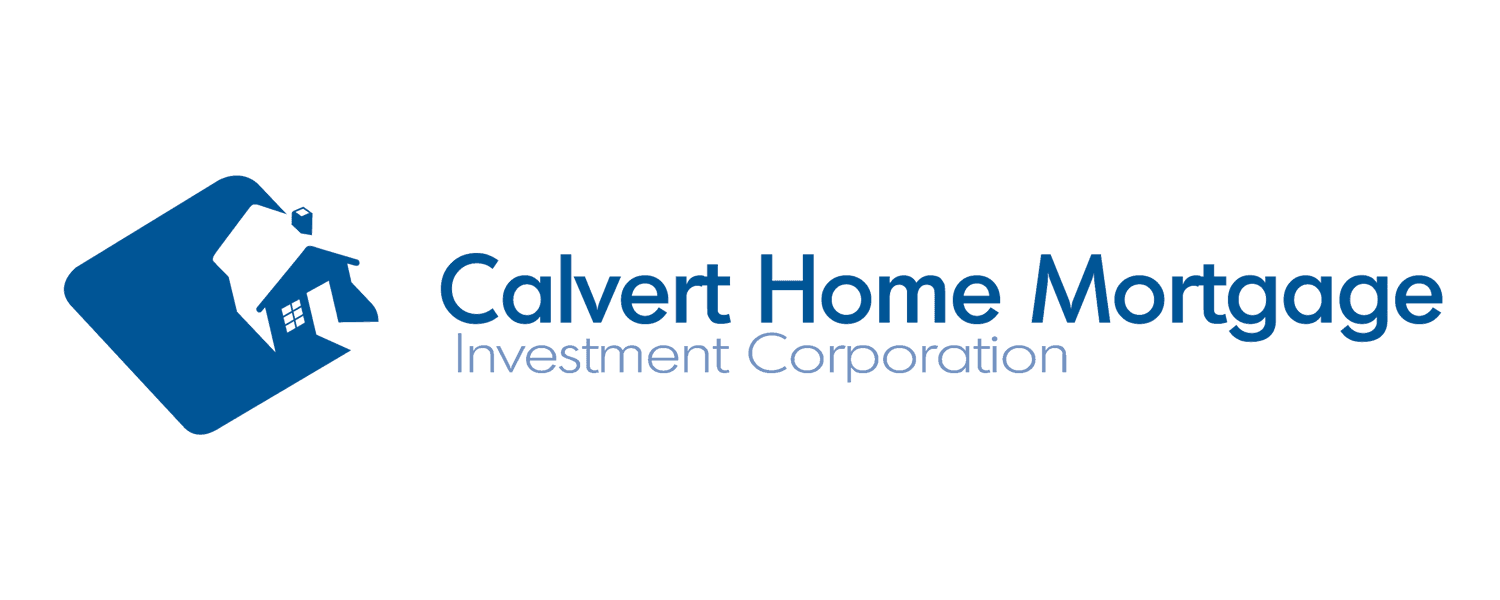On January 1, 2023, the new residential anti-flipping tax rule came into effect in Canada. The primary goal of this law is to combat excessive price growth in the housing market. It uses measures such as regulating foreign buyers and penalizing false use of the principal residence exemption to ensure proper reporting of business income and stabilize home prices.
At Calvert Home Mortgage, our goal is to support real estate investors in any way we can, which includes sharing the most recent updates on things that may affect your business. In this article, we break down the new anti-flipping tax rules and how they could impact you as a real estate investor.
The New Anti-Flipping Tax Rule
Under the Income Tax Act, a residential property sold for a profit is taxed as capital gains or business income. Capital gains mean 50% of the profit from the sale of your property is taxable, whereas business income means 100% of the profit is taxable. The sale of a home that is deemed a principal residence is not subject to taxation. However, the government states that this exemption has been taken advantage of by people who have no intention of holding on to a property as their principal residence, but rather to flip for a profit. Therefore, the Canadian government has created rules to combat this practice.
The new anti-flipping tax rule means profits made off properties that are sold within 365 days of owning them will be taxed as business income. This is also applicable to assignment sales, including pre-construction purchases. There are some exceptions to this rule including death, divorce, safety issues, illness or disability, relocation due to education or employment, insolvency, and a few others. In past court cases that challenge the use of the principal residence exemption, the rulings have considered factors such as other real estate transactions, length of ownership, occupation, and motive. Cherry Chan, an Ontario-based Real Estate Accountant wrote a blog article called “The Quickest and Easiest Way to Understand the Anti-Flipping Rule” from a tax perspective. Her article outlines corporate versus personal ownership and what the implications are, how the Canadian Revenue Agency (CRA) and the court assess particular situations to determine the nature of your transaction and information about capital loss.
What Does This Mean for You, as a Real Estate Investor?
The initiative around taxation for flipping properties is not likely to have any new impact on your business as flipping houses was already subject to taxation. However, the new rule implements taxation on principal residences that are owned for less than 12 months. This is to serve the government’s effort to target speculators who may be pushing house prices up while enjoying a tax-free profit. Read the full budget breakdown summary that aims to address housing affordability in our article “The 2022 Federal Budget Aims to Address Housing Affordability and House Flipping”. Real estate investors, like yourself, who were already focused on creating profits by flipping or rehabbing houses were already subject to either capital gains or business taxes when selling real estate investments for a profit. We advocate for the benefits of flipping and rehabbing homes in Canada which include addressing the housing supply shortage, a more positive environmental impact when compared to new development, and revitalizing communities that may otherwise be left run down. To learn more about how the new anti-flipping tax rule may impact you, we encourage you to reach out to your trusted tax professional for advice and to ensure you are as tax efficient as possible.
Connect With Us
The team at Calvert Home Mortgage is committed to your personal and financial success. We’ll take the time to listen to your questions and understand your needs.
Please don’t hesitate to reach out if you would like to discuss this further.
Sherwin Dziwenka – sherwin@chmic.ca
Garrett LaBarre – garrett@chmic.ca
Rob Maver – rob@chmic.ca
Logan Moro – logan@chmic.ca
Spenser Brooks – spenser@chmic.ca
403.278.0249 | 1.888.752.4642
Sharing our knowledge means you have the tools and resources required to make decisions with confidence. That’s why, we produce monthly economic reports, where we share statistics on the Alberta and Ontario housing markets, employment, migration, and consumer price index to help guide your investing decisions. If you’re interested in reading the full article discussing the goal of making housing more affordable, you can find it here.
Join the mailing list for the Alberta Real Estate and Economic Report
Join the mailing list for the Ontario Real Estate and Economic Report
You can also follow us on social media for real-time industry updates and upcoming events that you don’t want to miss!
Facebook | Instagram | LinkedIn | YouTube




